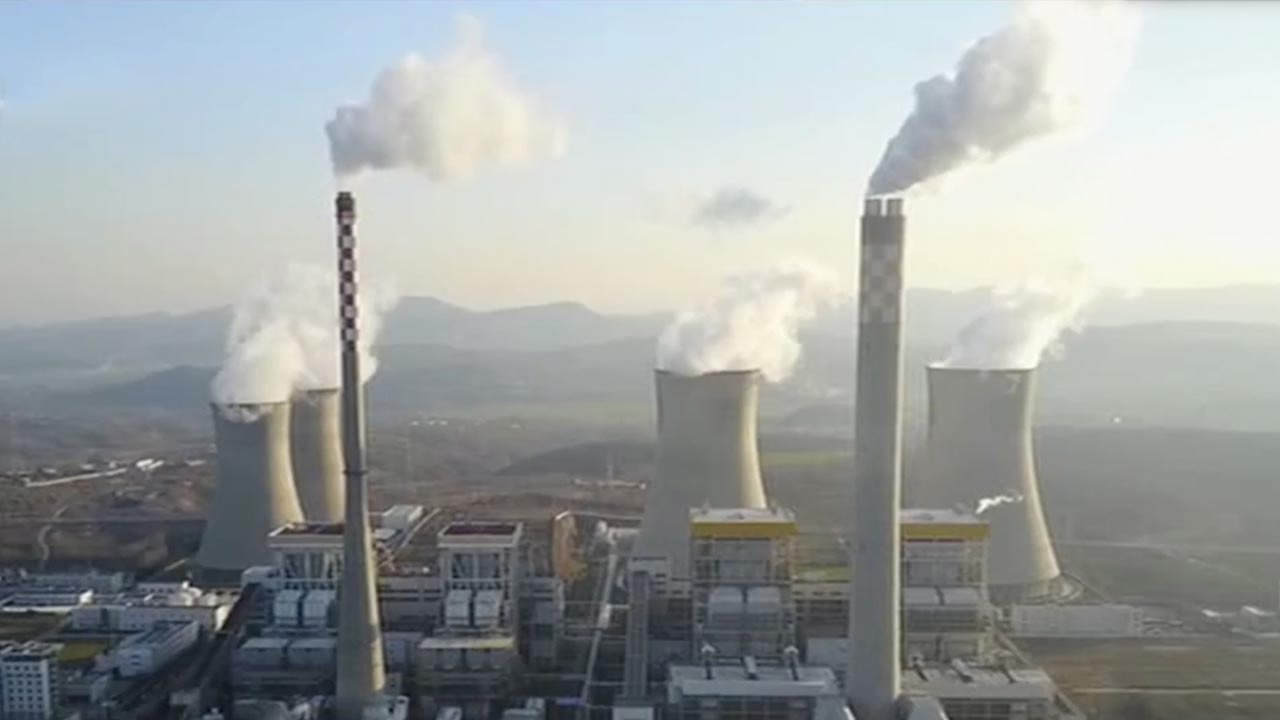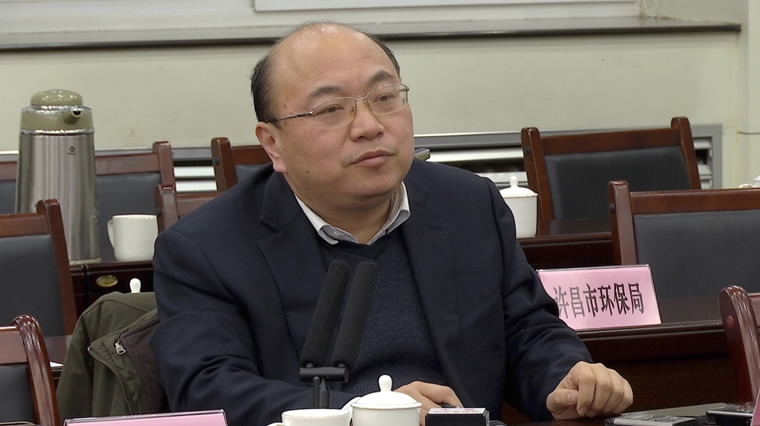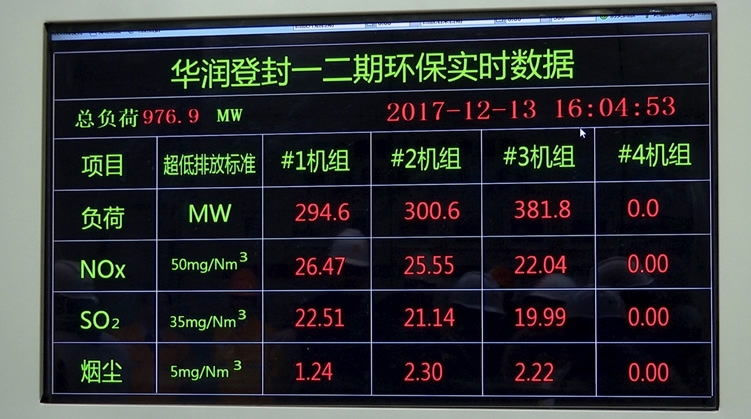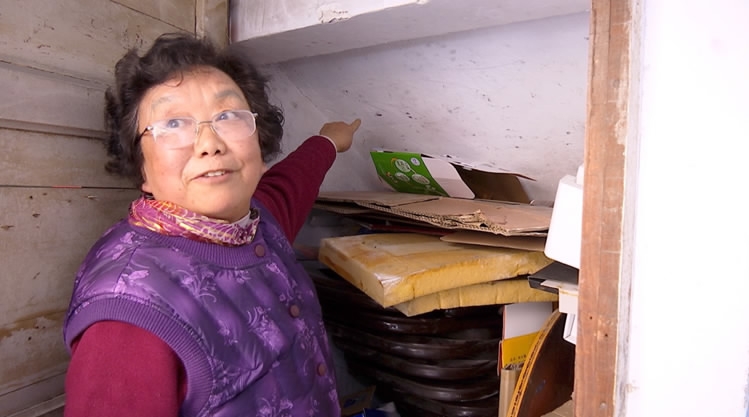
Tech & Sci
16:50, 15-Dec-2017
Henan provincial capital pushes for cleaner heating methods
By Xu Mengqi, Li Jian

Zhengzhou, capital of central China’s Henan province, is pushing for high-efficiency, low-emissions coal fired heat generation, after anti-pollution initiatives to replace coal with natural gas by cities in the neighboring provinces were put on hold due to a lack of alternative energy.
In the effort to alleviate the choking smog, which is particularly bad in the country’s heating season, China’s top environmental authority had ordered 28 northern cities to accelerate the replacement of coal with electricity or natural gas used for cooking and heating. However, because of natural gas shortages and the resulting soaring price, many were left without heating and China’s Ministry of Environmental Protection (MEP) had to revert their decision and allow people to continue burning coal for their heating needs.
“Henan will not let its citizens freeze this winter during the campaign to reduce air pollution,” said Xue Dongfeng, director of the Environmental Protection Department under the Henan Provincial Reform and Development Commission.

Xue Dongfeng answering press questions in Henan provincial department of environmental protection /CGTN Photo
Xue Dongfeng answering press questions in Henan provincial department of environmental protection /CGTN Photo
According to Xue, coal provided for 75 percent of Henan’s energy consumption last year, and the province had been cautious in shifting to natural gas because it lacks the resources, adding that gas for household heating is prioritized.
Zhengzhou, the provincial capital, is one of the severest smog-plagued cities previously required by the MEP to adopt clean heating this winter. For the rapidly expanding city, efficient coal burning holds a promising solution to meet the needs of clean heating.

Live monitor of pollutant emission at the plant’s control center /CGTN Photo
Live monitor of pollutant emission at the plant’s control center /CGTN Photo
China Resources Power Company has a coal-fired power plant, 62 km away from Zhengzhou. Last year, the plant completed a clean production reform, exceeding the provincial government emission reduction targets by 40 percent. Given the growing energy demands for heating purposes, the plant’s manager Liang Wenya said that he is planning to transform the power station into one that not only generates electricity, but also contributes to heating.

Li Yuqiu is showing CGTN coal stains in her old coal storage room. /CGTN Photo
Li Yuqiu is showing CGTN coal stains in her old coal storage room. /CGTN Photo
Unfortunately, while centralized heating provided by low-emission power plants is the best option for the government to promote clean heating, it is not easily accessible to low-income residents.
Li Yuqiu, who lives in an old neighborhood in downtown Zhengzhou, told CGTN her neighbors were reluctant to accept central heating services as their pensions could barely cover the fees. However, Li has ditched her old coal stove for a new air conditioner for heating.
Wang Junyi, the municipal government’s energy administration director said reimbursements were offered to encourage families to switch to electricity or natural gas.

SITEMAP
Copyright © 2018 CGTN. Beijing ICP prepared NO.16065310-3
Copyright © 2018 CGTN. Beijing ICP prepared NO.16065310-3